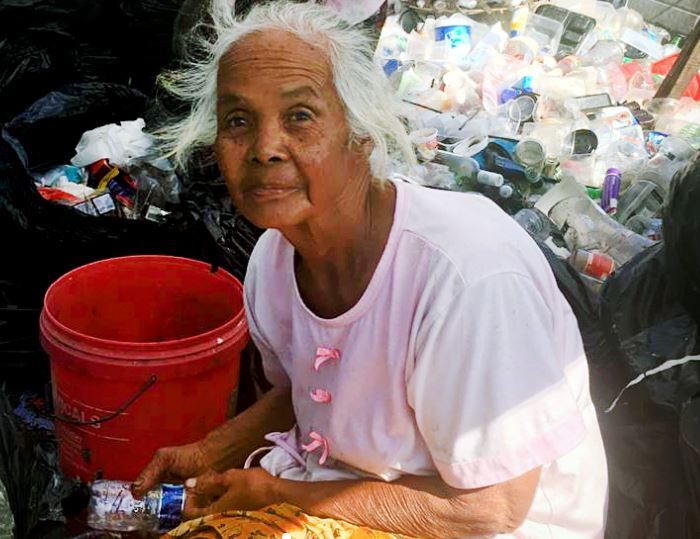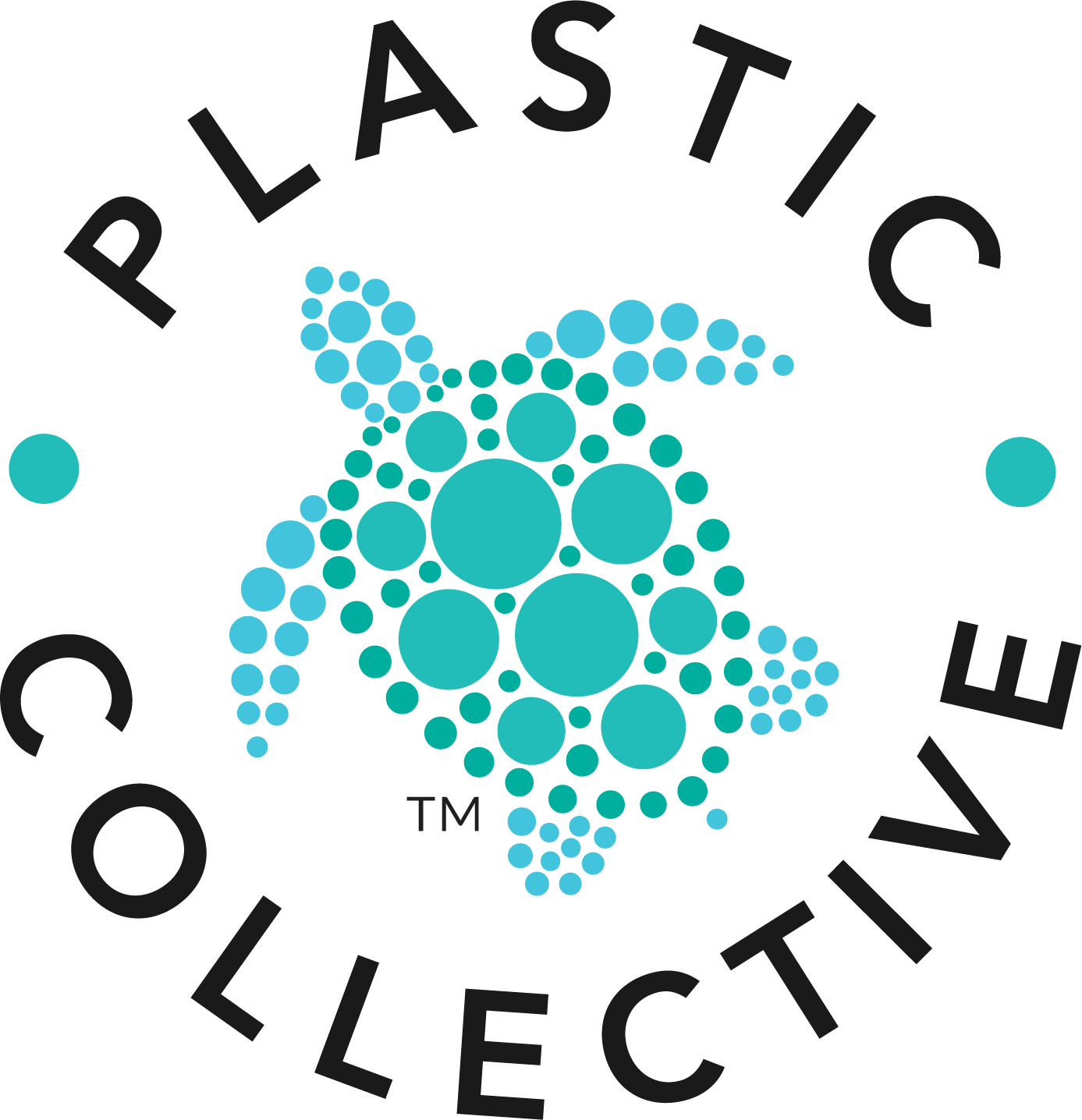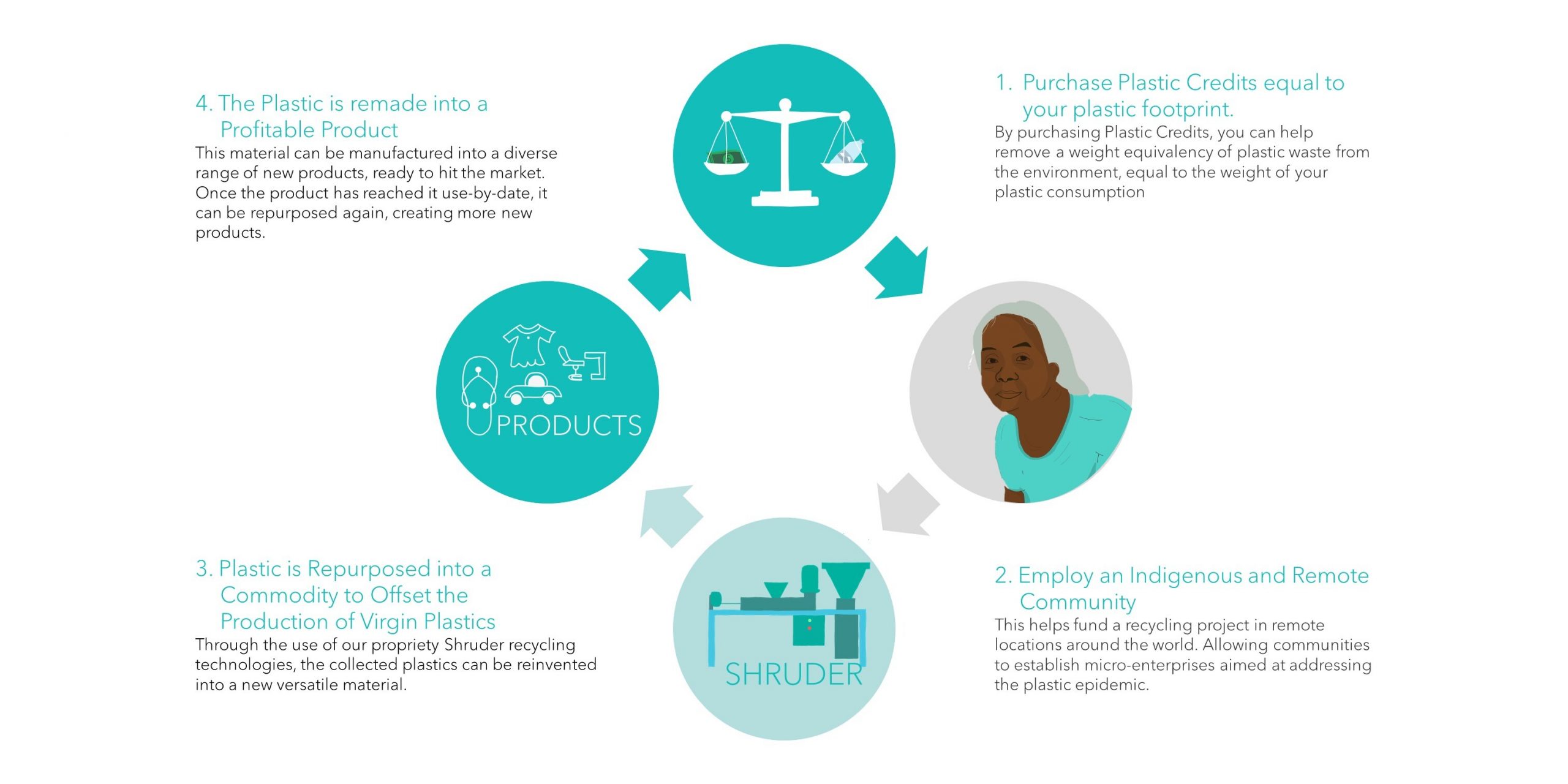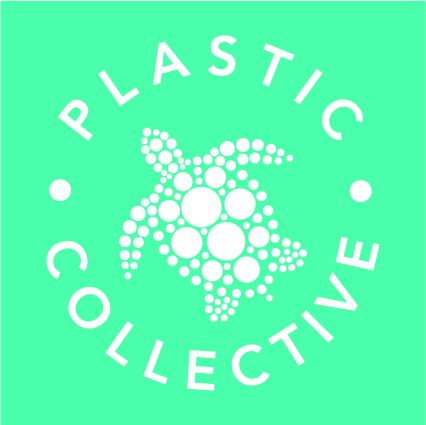Plastic Credits to Reduce Plastic Pollution

New Plastic Reduction initiative to help Reduce Global Plastic Pollution
Plastic pollution is a major global environmental issue, with estimates of more than 8 million metric tons of plastic waste (from plastic bottles to food wrappers, cigarette butts to used devices) entering the ocean each year. Recovery providers and recycling projects are drowning in an attempt to reduce global plastic pollution. Inefficient waste management in developing countries and low recycling rates in the developed world, has led to the severity of this issue. With the amount of plastic production rates increasing, the search for solutions is becoming critical – this has been accelerated further by the recent Coronavirus / Covid-19 epidemic also. Increasingly more businesses are investing in sustainable alternatives as a way to mitigate society’s throw-away culture. The new NGO supported plastic reduction initiative is paving the way for a sustainable development through the use of a new plastic credit system.
Danone, Veolia, Nestlé and Tetra Pak have collectively launched a new plastic waste initiative, which operates through a crediting scheme to expedite global recycling and waste recovery. The Reduce, Recover, Recycle (3R) initiative is the first global effort designed to reduce the single-use plastic footprint of consumer goods and services by standardising and stimulating corporate action on plastics. The 3R initiative is aimed to regulate business and corporate goals with targets on reducing plastic consumption, progressing towards a circular economy and simplified supply chain. The 3R initiative focuses on plastic waste reduction and increasing recycling trends with the aims to:
- Catalyse responsible design, use and recovery of plastic packaging materials.
- Support companies in reducing their plastic waste footprint and mitigating potential plastic leakage into the environment.
- Stimulate the development of new plastic recovery and recycling projects around the world.
This 3R corporate standard will enable companies to robustly measure and monitor their plastic footprint.
How do Plastic Credits Work?
Plastic credits are used similarly to Carbon Credits. Once a business has outsourced all other sustainable alternatives, Plastic Credits can be purchased to offset their plastic footprint. This means; once a business or company has replaced their plastic use, throughout the process of producing their product or service with more sustainable alternatives (recycled, recyclable, compostable, biodegradable etc), they have the option to purchase Plastic Credits to offset their remaining plastic consumption. This is achieved through businesses and companies purchasing a volume of Plastic Credits, equal to their plastic footprint. This funds a project that removes and recycles the same weight of plastic from the environment that they produce.
The Plastic Collective has established many projects in Indigenous and remote communities around the world with the aim to clean up our environment. Through these projects:
- We provide education programs that encourage plastic to be seen as a valuable, recyclable resource and not rubbish
- We provide machinery and training to operate a sustainable plastic recycling infrastructure
- Providing a marketplace for communities to sell their valuable recycled plastic. Through the use of plastic credits, you can provide these communities with the tools and resources to remove a volume of plastic equivalent to your businesses or company’s plastic consumption. And in doing so, provide education and jobs to these Indigenous and remote communities.
From Latin America and Southeast Asia to Europe, Asia, North America and Oceania, Plastic Collective is working with many teams to reduce plastic footprints and introduce plastic credits. Find out how with our plastic plan guide and learn how to become a Plastic Neutral member today.
Eriksen, M., Lebreton, L., Carson, H., Thiel, M., Moore, C., Borerro, J., et al., 2014. Plastic Pollution in the Words Oceans: More than 5 Trillion Plastic Pieces weighing over 250,000 tons Afloat at Sea. Ocean sciences. https://doi.org/10.1371/journal.pone.0111913 ; Yoshida, H., Shimamura, K. & Aizawa, H. 3R strategies for the establishment of an international sound material-cycle society. J Mater Cycles Waste Manag 9, 101–111 (2007). https://doi.org/10.1007/s10163-007-0177-x ; CSIRO, 2020. Selected findings from the Circular Economy and Waste Management report. Retrieved from https://www.csiro.au/en/research/environmental-impacts/sustainability/Circular-Economy


